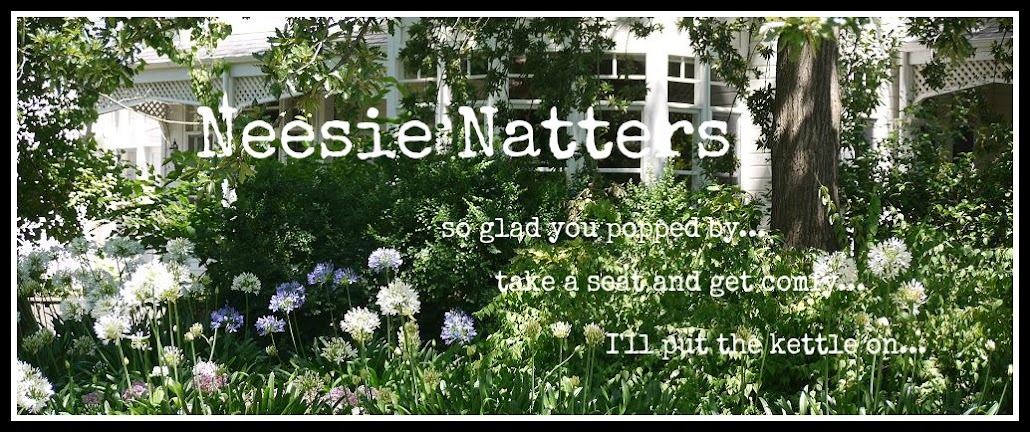On Australia Day the nation comes together to celebrate what's great about Australia and being Australian. It's the day to reflect on what's been achieved and what Australian's can be proud of. Its the day for people to re-commit to making Australia an even better place for the future.

Kangaroos are good swimmers, and will sometimes escape a threat by going into water if it is nearby.
Kangaroos feed in the late afternoon and early morning, spending the day resting in shade. In hot weather they scrape the ground with their front paws and lie in the cooler earth they have exposed. Kangaroos do not sweat, so in the heat they lick their front paws and rub the moisture onto their chests to cool down).
 (The koala gets its name from an ancient Aboriginal word meaning "no drink" because it receives over 90% of its hydration from the Eucalyptus leaves (also known as gum leaves) it eats, and only drinks when ill or times when there is not enough moisture in the leaves. ie during droughts etc.
(The koala gets its name from an ancient Aboriginal word meaning "no drink" because it receives over 90% of its hydration from the Eucalyptus leaves (also known as gum leaves) it eats, and only drinks when ill or times when there is not enough moisture in the leaves. ie during droughts etc.The koala is the only mammal, other than the Greater Glider and Ringtail Possum, which can survive on a diet of eucalyptus leaves).
Australia Day, 26 January, is the anniversary of the arrival of the First Fleet of 11 convict ships from Great Britain, and the raising of the Union Jack at Sydney Cove by its commander Captain Arthur Phillip, in 1788.

(Echidnas also known as spiny anteaters, belong to the family Tachyglossidae in the monotreme order of egg-laying mammals )
Though 26 January marks this specific event, today Australia Day celebrations reflect contemporary Australia: the diverse society and landscape, remarkable achievements and bright future. It also is an opportunity to reflect on the nation's history, and to consider how to make Australia an even better place in future.
 (Mitchell's Cockertoo - Cacatua leadbeateri. 35-40cm
(Mitchell's Cockertoo - Cacatua leadbeateri. 35-40cmOne of the most beautiful Australian cockatoos, plumaged in delicate tints of pink and white with a display of fiery colour when the crest is raised; colour most effective in flight, showing pink underwings, or at landing, when the wings are lifted and the crest is spread to show the colour bands. Shallow, quick, erratic wingbeat action is interrupted by brief glides. Usually travels by brief low flights, often landing in trees to break the journey into shorter stages. In pairs, small family parties, rarely large flocks; at times intermingles with Galahs or Little Corellas).
On Australia Day, over half of the nation’s population of 21 million attend either an organised community event, or get together with family and friends with the intention of celebrating their national day. Many more spend the public holiday relaxing with family and friends.
 (Tawny Frogmouth Scientific name: Podargus strigoides
(Tawny Frogmouth Scientific name: Podargus strigoides An Australian variety of frogmouth, a type of bird found throughout the Australian mainland, Tasmania and southern New Guinea. The Tawny Frogmouth is often thought to be an owl but its neither an Owl or a Frogmouth, the Australian Owlet is in acutal fact a " Nightjar")
So whatever you are doing today.....have a great time.

(Kookaburras (genus Dacelo) are large to very large (total length 28–42 cm/11–17 in) terrestrial kingfishers native to Australia Kookaburras are best known for their unmistakable call, which sounds uncannily like loud, echoing human laughter — good-natured, but rather hysterical, merriment in the case of the renowned Laughing Kookaburra (Dacelo novaeguineae); and maniacal cackling in the case of the slightly smaller Blue-winged Kookaburra (D. leachii). They are generally not closely associated with water, and can be found in habitats ranging from humid forest to arid savanna, but also in suburban and residential areas near running water and where food can be searched for easily).
I'm away to enjoy the day, and this evening we're off to the Australian Tennis Open!
How cool is that?

No comments:
Post a Comment
I get so excited to see you here and love to read your thoughts and comments.
I always try to answer each one personally (I think it's only polite)
...♥...I truly appreciate your precious time here so thank you ...♥...